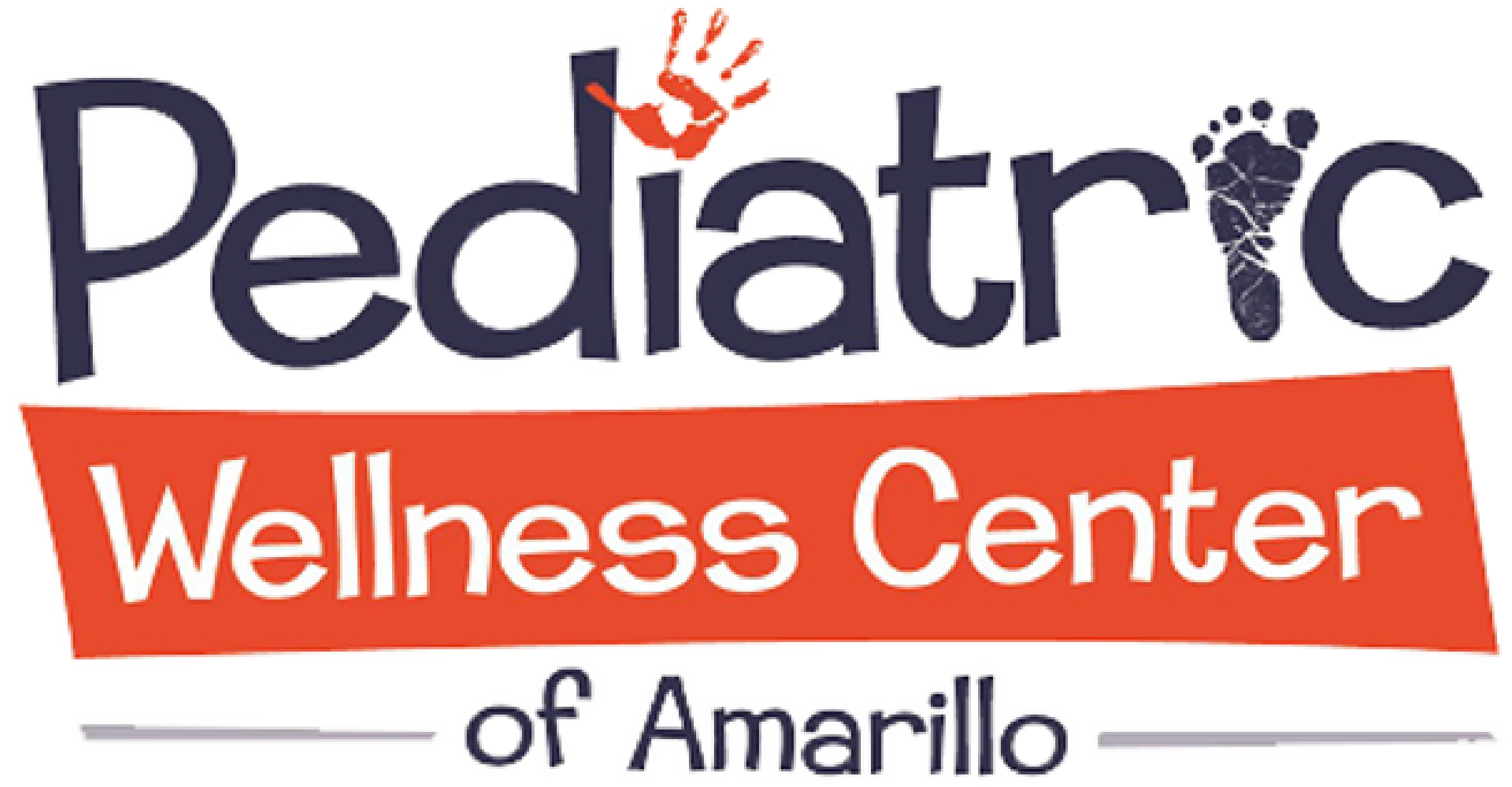Stomach pain makes parents worried about appendicitis. But this is very unusual in young children, especially for those under 5 years of age. Here are some of the most common triggers of stomach pain:
not feeling well?
Stomach Pain

Constipation
Constipation is often blamed for abdominal pain, and while it’s rarely a problem in younger infants, it’s a common cause of pain in older children, especially if the pain is located in the lower part of the abdomen. Bowel problems such as constipation are more likely to occur when a child’s diet lacks plenty of fluids, fresh fruits and vegetables, and fiber-rich whole grains.

Milk Allergy
is a reaction to the protein in milk. This is becoming more common. The reaction can produce cramping abdominal pain, often accompanied by vomiting, diarrhea, and skin rash.

Urinary Tract Infection
Urinary Tract Infections (UTI) are more common in girls than boys, especially those aged one- to five-year-old rather than in younger children. UTIs produce discomfort in the abdomen and the bladder area, as well as some pain and burning when urinating and increased frequency of urination.

Strep Throat
Strep throat is a throat infection caused by bacteria called streptococci. It frequently occurs in children over three years of age and is rare in those under 3. This often presents with a sore throat, fever, and abdominal pain. There may be some vomiting and headache as well. If you are concerned, contact us as we may want to examine your child and swab her throat to check for strep infection. If the results are positive for strep, appropriate treatment is suggested.

Emotional Upset
Emotional upset in school-aged children sometimes causes recurrent abdominal pain. If your child is otherwise well and has no other associated findings or complaints (fever, vomiting, diarrhea, coughing, lethargy or weakness, urinary tract symptoms, sore throat, or flu-like symptoms), this may be considered. This type of stomach pain often comes and goes over a period of more than a week and is associated with activity that is stressful or unpleasant.

Diarrhea
Loose stools are not uncommon and usually are not serious. In mild cases, even with 5-6 loose bowel movements in a 24 hour period, as long as there is no fever or vomiting and the child is happy and does not appear ill, the major focus should be on replacing the “lost” fluid by giving frequent small amounts of clear liquids such as Pedialyte or chamomile tea. The child should avoid all dairy products, which can worsen diarrhea. Severe diarrhea, where a child has watery bowel movements every 1 to 2 hours or more and shows signs of dehydration (fewer or no tears when crying, parched mouth, urinating less frequently) can be serious business, particularly when associated with vomiting and may warrant a trip to the emergency room if it happens after clinic hours, otherwise, we are available to walk you through the problems.

